Tunisia
Tunisia’s parliament is planning to debate a bill that will strengthen central bank autonomy to shield it from political interference, a reform sought by international lenders, a Central Bank source said.
After the 2011 uprising that ousted President Zine El-Abidine Ben Ali, Tunisia’s Central Bank governor clashed with the government over its attempts to intervene in monetary policy and was sacked in 2012 over those disagreements.
Five years after the uprising, Tunisia is still working through a draft of reforms to help bolster the economy, create jobs and cut back on the public spending which lenders see as a major challenge to growth.
Tunisia parliament to debate law on central bank autonomy https://t.co/WUH50tmjGf #Africa #GetUrRiskOn pic.twitter.com/9y9oG8n15d
— AntiCorruptionDigest (@anti_digest) March 15, 2016
According to the draft legislation, the Central Bank will not take instructions from the government and will have absolute control over monetary policy, currency reserves and gold reserves.
The legislation, prepared with International Monetary Fund support, includes a new Central Bank committee which could issue recommendations to the government on how to handle the impact of global economic problems.
Currently in Tunisia, there is no law prohibiting the government from seeking to intervene in Central Bank policy or making demands on reserves.




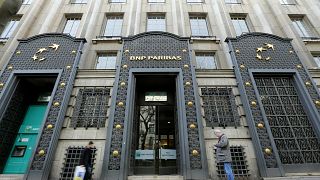
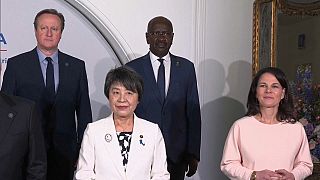
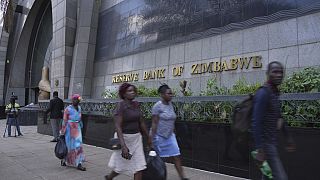
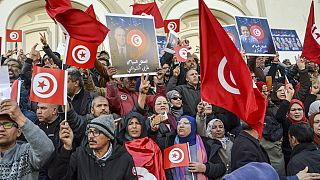
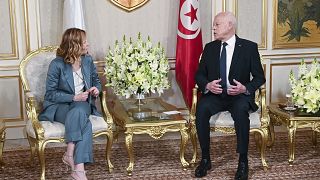

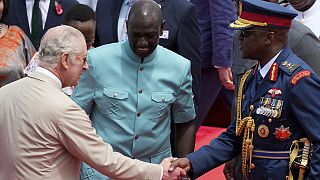


01:02
Pics of the day: April 16, 2024
00:47
We are working on ways to support drought-hit African countries- IMF
Go to video
IMF mission visits Ethiopia as Abiy pushes for loan deal
Go to video
Ethiopian bank seeks to recover millions lost after technical glitch
01:26
Migrants waiting in Tunisia react to Albania's controversial deal with Italy